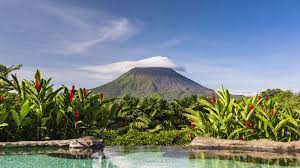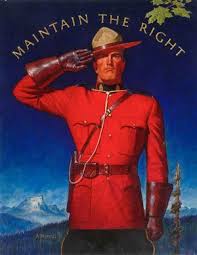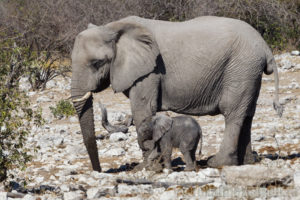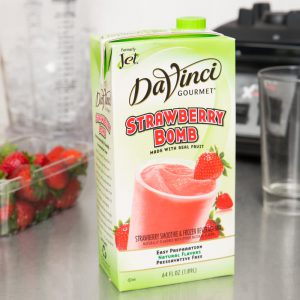Rob[1] puts me to shame as a tourist. Yesterday, deep in the Vallée du Giffre, over an English 4 o’clock high tea with cucumber sandwiches and scones and strawberry jam provided by his in-laws, he was preparing to start a run.
Not just any old run: a huge mammoth, 127-kilometer mountain trail run with a denivelation of 9,000 metres. He was hoping to do it in 24 hours, but 30 was a more realistic estimate, he thought. Departure time was at 7 pm. He was not eating, but did drink a little coffee.
 Rob has bicycled around the world, has walked from the North Sea to the Mediterranean, and taken part in Iron Man competitions. An Iron Man Meeting (a triathlon of a 2.4-mile swim, a 112-mile bike ride and a 26.22-mile run) is to him what strolling to the corner store is for the rest of us. In his spare time he is a dentist and lives on the Fells in the Lake District, North England. He is without age.
Rob has bicycled around the world, has walked from the North Sea to the Mediterranean, and taken part in Iron Man competitions. An Iron Man Meeting (a triathlon of a 2.4-mile swim, a 112-mile bike ride and a 26.22-mile run) is to him what strolling to the corner store is for the rest of us. In his spare time he is a dentist and lives on the Fells in the Lake District, North England. He is without age.
He was wearing a shiny electric blue t-shirt and his number was 87 (out of 1,500). His head was shaved and his legs were furry. We questioned whether he wouldn’t go faster with bald legs. He assured us that he had been wind-tunnel tested and there was no difference. The legs, along with the slight pot-belly, he said, were simply props to fool the competition into a false sense of security.
Rob LOVES races and ALWAYS wants to win. He looks upon having a urine test at the end (winners only) to be a glorious status symbol.
But back to the high tea. As we creamed our scones, he went through the events that had brought him to this point. He had paid the 140 euro entrance fee, plus an extra accident rescue fee plus a tracking fee. His pack was equipped with dry/clean underwear, band aids, horse tape (?), blister treatment, a water sac, and lots of other things. When closely questioned, it turned out he wasn’t taking a toothbrush. We inquired about pyjamas, but he was not planning to sleep
I took another cucumber sandwich.
And it gets even better. As his EasyJet flight had been cancelled in Manchester because of violent thunder storms, Rob had visited the Lowry Museum, the Gothic Victorian Library, and was in town for the return of the winning local football team. So he was a tourist while on his voyage to being a super-tourist.
The Manchester Airport Hotel where he had been put up for the night, had no transportation to the airport. So he walked to his plane.
As I write this, he is running, and will run for the rest of the day and into the night. We suggested that he finish the race by running up to the Shack and helping to scythe the high summer grass.
Strangely, he demurred.
[1] This is his real name








